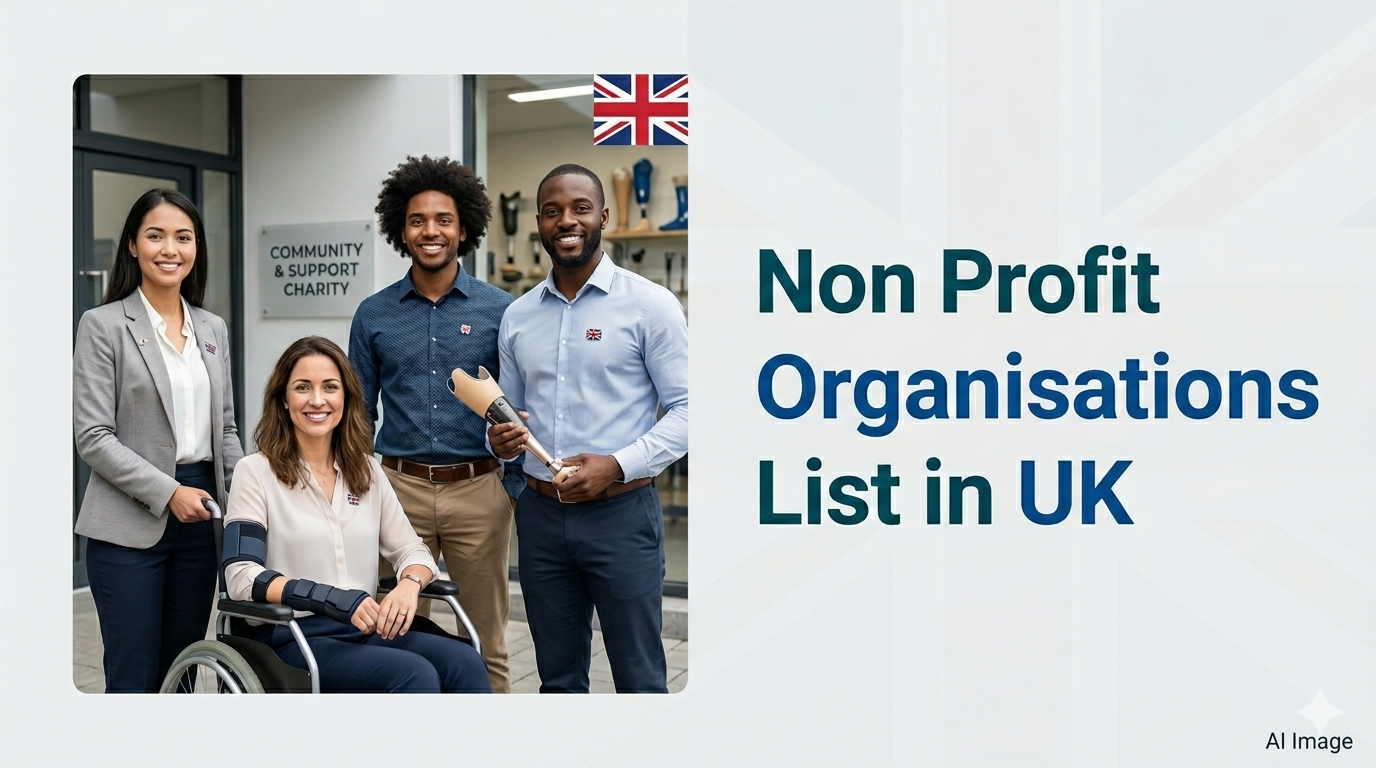For philanthropically inclined individuals in the UK, charitable giving in 2025 presents a compelling opportunity to support meaningful causes while leveraging tax-efficient mechanisms such as Gift Aid. The UK’s tax framework, administered by HM Revenue and Customs (HMRC), offers significant benefits for donors, enabling charities to maximise the impact of contributions. However, ensuring that donations qualify for tax exemptions and Gift Aid requires careful verification of a charity’s status.
This guide provides a sophisticated yet accessible exploration of how UK taxpayers can optimise their charitable contributions, focusing on Gift Aid, tax relief, and the tools available to confirm a charity’s eligibility, such as HMRC’s Charity Search and the Charity Commission’s register.
What Is Gift Aid, and How Does It Enhance Your Charitable Contributions?
Gift Aid stands as a cornerstone of tax-efficient giving in the UK. When you donate to a registered charity and opt into Gift Aid, the charity can reclaim the basic rate tax (20%) you paid on the donation, effectively increasing its value by 25%. For example, a £100 donation becomes £125 for the charity at no additional cost to you. For higher-rate (40%) or additional-rate (45%) taxpayers, additional tax relief can be claimed on your self-assessment tax return, reducing your taxable income.
To qualify for Gift Aid, you must be a UK taxpayer who has paid sufficient income tax or capital gains tax to cover the amount the charity reclaims. The donation must also be made to a charity registered with HMRC for Gift Aid purposes. In 2025, with rising living costs and evolving tax policies, Gift Aid remains a powerful tool for intellectual donors seeking to amplify their philanthropic impact while optimising their tax position.
How Can You Verify a Charity’s Tax-Exempt Status in the UK?
Ensuring your donation qualifies for Gift Aid and tax relief requires confirming the charity’s tax-exempt status. In the UK, charities must be registered with the Charity Commission for England and Wales (or equivalent bodies in Scotland and Northern Ireland) and recognised by HMRC for tax purposes. Here’s how to verify:
-
HMRC Charity Search Tool: Access HMRC’s Charity Search to confirm a charity’s registration and Gift Aid eligibility. Enter the charity’s name or registration number to view its status, including whether it is authorised to reclaim tax via Gift Aid.
-
Charity Commission Register: The Charity Commission’s register provides detailed information on registered charities, including their financials, trustees, and objectives. This is particularly useful for assessing a charity’s legitimacy and impact.
-
Scottish and Northern Irish Registers: For charities in Scotland, use the Office of the Scottish Charity Regulator (OSCR). For Northern Ireland, consult the Charity Commission for Northern Ireland. Both integrate with HMRC for tax purposes.
Verifying a charity’s status ensures your donation is eligible for Gift Aid and tax relief, safeguarding your financial strategy and the charity’s funding.
What Tax Reliefs Are Available for Charitable Donations in 2025?
Curious about the tax benefits of giving? Beyond Gift Aid, UK taxpayers can access additional reliefs in 2025, tailored to their tax bracket:
-
Higher and Additional Rate Relief: If you pay 40% or 45% tax, you can claim the difference between the basic rate (20%) reclaimed by the charity and your tax rate. For example, on a £100 donation, the charity reclaims £25 via Gift Aid, and a 40% taxpayer can claim an additional £20 relief (£100 x (40% – 20%)) on their tax return.
-
Payroll Giving: Through the Give As You Earn scheme, donations are deducted from your salary before tax, reducing your taxable income. This is ideal for employees seeking seamless, tax-efficient giving.
-
Donations of Assets: Donating shares, property, or land to a charity qualifies for income tax and capital gains tax relief. The relief equals the asset’s market value plus any disposal costs, offering significant savings for high-net-worth donors.
-
Inheritance Tax Benefits: Including a charitable bequest in your will can reduce your estate’s inheritance tax rate from 40% to 36% if at least 10% of your net estate is donated.
These reliefs, combined with Gift Aid, make 2025 an opportune year for strategic philanthropy, particularly for intellectual donors aiming to align tax planning with social impact.
How Do You Ensure Compliance with Gift Aid Rules?
Wondering how to avoid pitfalls when using Gift Aid? Compliance is straightforward but requires attention to detail:
-
Complete a Gift Aid Declaration: Provide a declaration to the charity (one-time or ongoing) confirming you’re a UK taxpayer. This can be done online, in writing, or verbally for some charities.
-
Track Your Tax Liability: Ensure you’ve paid enough tax to cover the Gift Aid reclaimed. If your donation exceeds your tax liability, HMRC may request repayment, though this is rare for most donors.
-
Verify Donation Eligibility: Gift Aid applies to cash donations and certain membership fees but not to payments for goods, services, or event tickets (e.g., charity dinners). Confirm with the charity what qualifies.
-
Keep Records: Retain records of your donations and Gift Aid declarations for at least 22 months after the tax year, as HMRC may audit your claims.
By adhering to these rules, you ensure your donations are fully tax-compliant, maximizing benefits for both you and the charity.
What Tools Beyond HMRC Can Enhance Your Giving Strategy?
Looking for additional resources to inform your philanthropy? Supplement HMRC’s tools with these platforms:
-
Charity Navigator UK: Offers independent evaluations of charities’ financial health, transparency, and impact, helping you choose reputable organisations.
-
GuideStar UK: Provides detailed financial and governance data on UK charities, complementing the Charity Commission’s register.
-
JustGiving and Virgin Money Giving: These platforms integrate Gift Aid automatically, simplifying the donation process while ensuring compliance.
For intellectual donors, combining HMRC’s Charity Search with these tools enables a data-driven approach to philanthropy, ensuring your contributions are both impactful and tax-efficient.
Why Is 2025 an Ideal Year for Tax-Exempt Giving?
With UK tax policies remaining supportive of charitable giving in 2025, intellectual donors have a unique opportunity to leverage Gift Aid and tax reliefs. Whether you’re a basic-rate taxpayer boosting a charity’s funds by 25% or a higher-rate taxpayer claiming additional relief, verifying a charity’s tax-exempt status ensures your donations qualify. The integration of HMRC’s Charity Search and the Charity Commission’s register provides a robust framework for due diligence, empowering you to give strategically.
How Can You Start Giving with Confidence?
Ready to optimize your charitable giving? Visit HMRC’s Charity Search or the Charity Commission’s register to verify your chosen charity’s tax-exempt status. (Reference HMRC Charity). Complete a Gift Aid declaration with your donation and consult a tax advisor to tailor your strategy, especially for complex gifts like assets or bequests. By aligning your philanthropy with the UK’s tax framework, you can amplify your impact while securing valuable tax benefits in 2025.








